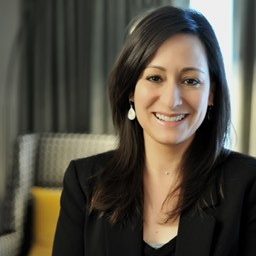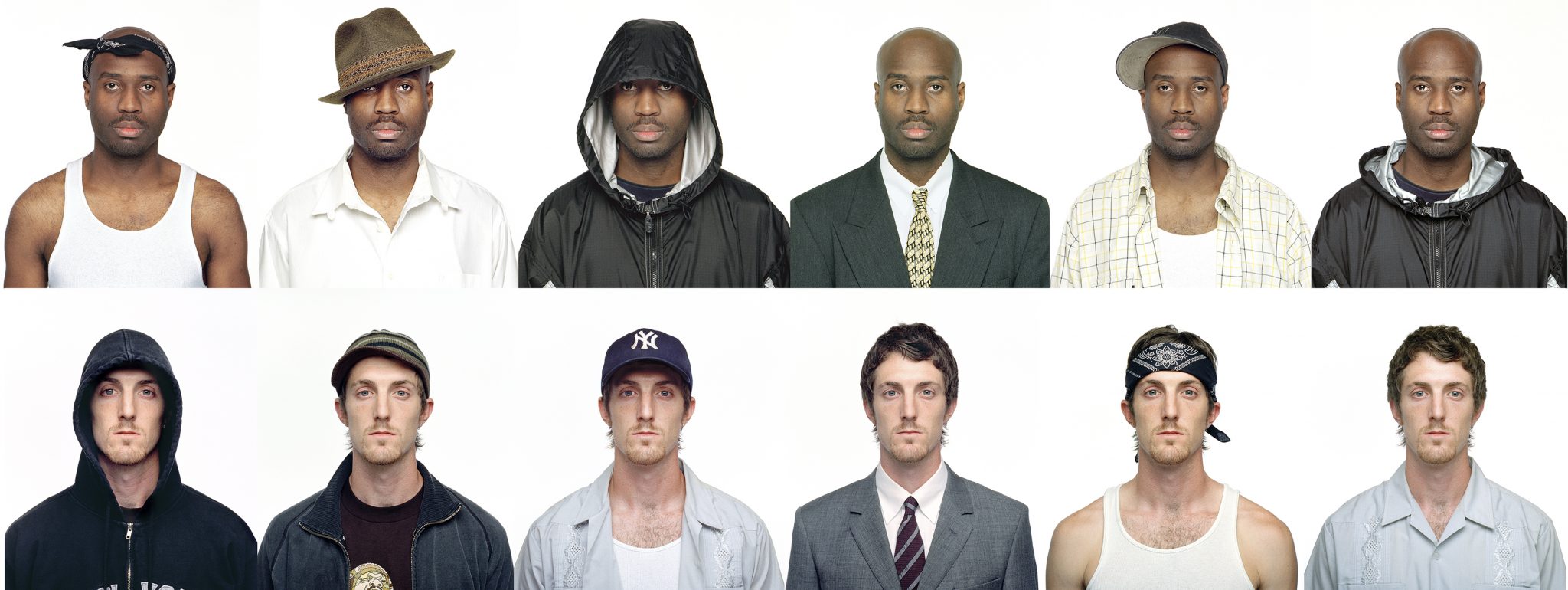Bayeté Ross Smith is a contemporary African American multi-media artist, filmmaker and educator. He is the creator of Our Kind of People, an initiative that examines perception based on appearance and deconstructs how clothing, race, gender and class signifiers affect our daily interactions and social systems. To do this, Our Kind of People uses images and stories created in collaboration with everyday people from across the globe.
Points of Light spoke with Bayeté to better understand the impact of his work and how to evaluate bias through a different lens.
WHAT WAS THE INSPIRATION FOR THIS PROJECT?
I attended Florida A&M University, an HBCU, and I have many friends who studied business and received their MBAs. In our early 20’s I noticed a duality that existed within a lot of their lives. On one hand, they were existing in very sophisticated professional spaces as corporate executives. On the other hand when they weren’t working directly with their corporate team members they were often perceived with the typical stereotypes that are often applied to young Black Americans. Even within the companies they worked for. This included harassment by police, mistreatment by neighbors and general societal disrespect of their education, intelligence and professionalism. Additionally, I noticed the ease and frequency with which they code switched. One specific event that really struck me was when two of us were visiting a third friend of ours in Lawndale, California, directly outside of L.A. where my one friend had bought a house 7 months earlier. While we were visiting we walked down to the end of the block to take some photographs. I was in grad school at the time and was originally thinking I was going to make a Doc Photo project about the discoveries I just mentioned. While we were on his block where he owned a home taking photographs, the defacto “neighborhood watch” showed up to ask us what we were doing, followed by four different police cruisers, over the next hour. I began thinking about what was at the heart of the disconnect. Why were they perceived in such polarizing likenesses? I realized it came down to perception based on appearance, bias, unconscious bias and preconceived notions. So I decided to create a visual series based on those elements. I began to photograph people in their own clothing, on the same white background, with the same lighting and facial expressions in each individual photograph and then sequence a series of six images of the same person together, in different outfits, to highlight how we perceive the same person differently based on clothing, ethnicity, gender and race. What is also interesting is seeing how the same outfit is perceived differently on people from different backgrounds and how every individual audience member brings their own personal biases to each sequence of images and each combination of different subjects.
WHY IS THIS WORK IMPORTANT?
This work is important because it does not tell people what to think, but it provides an experience where people are forced to question their preexisting beliefs. When you see these images you are forced to ask yourself “why did I think that?” This is a very personal thing. These types of personal discoveries and reflections are critical to us breaking down bias, creating accountability, and facilitating learning and critical thinking as a society.
WHAT HAVE YOU LEARNED OVER THE COURSE OF YOUR WORK?
I have learned to never think I know everything about any particular life experience, social system or social issue. We all have a different way of seeing that shapes our perspectives on the world and we all have our individual blind spots. It is critically important to always consider what may be valid in an alternative or even opposing perspective. Even if the overall conclusion from another perspective may be proven to be incorrect, there is often some validity in specific elements of that perspective that can be used for constructive conversation and discovery.
WHAT ADVICE DO YOU HAVE FOR HOW TO IDENTIFY AND CORRECT/OVERCOME CONFIRMATION BIAS?
I think it is critical to put as much effort as possible into scrutinizing the ideas we feel strongly about. Quite often what constitutes truth is highly contingent on the context of s specific scenario. Many times more than one thing can be true simultaneously. I think it is very important to consider how what we consider to be true actually applies to a daily lived experience and by extension why a certain truth would be applicable to people who are not us. Quite often people get lazy and don’t take on the intellectual rigor of actually dissecting an idea and considering what about it is highly personal versus what may actually be universally applicable. Quite often our opinions are arbitrary and very personal. Furthermore we all have our individual blind spots due to how see the world because much of that is filtered through our personal experience. Quite often that personal experience differs widely from person to person and culture to culture. So context is always key to understanding how our ideas apply to a specific scenario.
HOW DO THE CONCEPTS OF LISTENING AND LEARNING INTERSECT WITH YOUR WORK?
My work is primarily about looking, reflecting on oneself and learning from questioning one’s “knee-jerk” responses to what we see and by extension how we see.
HOW SHOULD PEOPLE ENGAGE WITH YOUR PROJECT?
They should engage with my work while being willing to questioning themselves and their sense of identity. They should be willing to be uncomfortable and be willing to have a discovery about themselves that they may not like or think is ideal.
More specifically they should engage with the Our Kind of People series through our Instagram and the Our Kind Of People website. In both locations, you can look at images and stories created with people from various communities, both professionally and collaboratively, that facilitate in-depth discussions about how our sense of identity and perception of other individual people and groups’ identities impact our daily human interactions. People should also participate in the Our Kind of People campaign by creating a series of photos and/or videos and contributing their life experiences to the larger discussion about identity and unconscious bias. Instructions on how to get involved with Our Kind of People are on our web page and social media.


